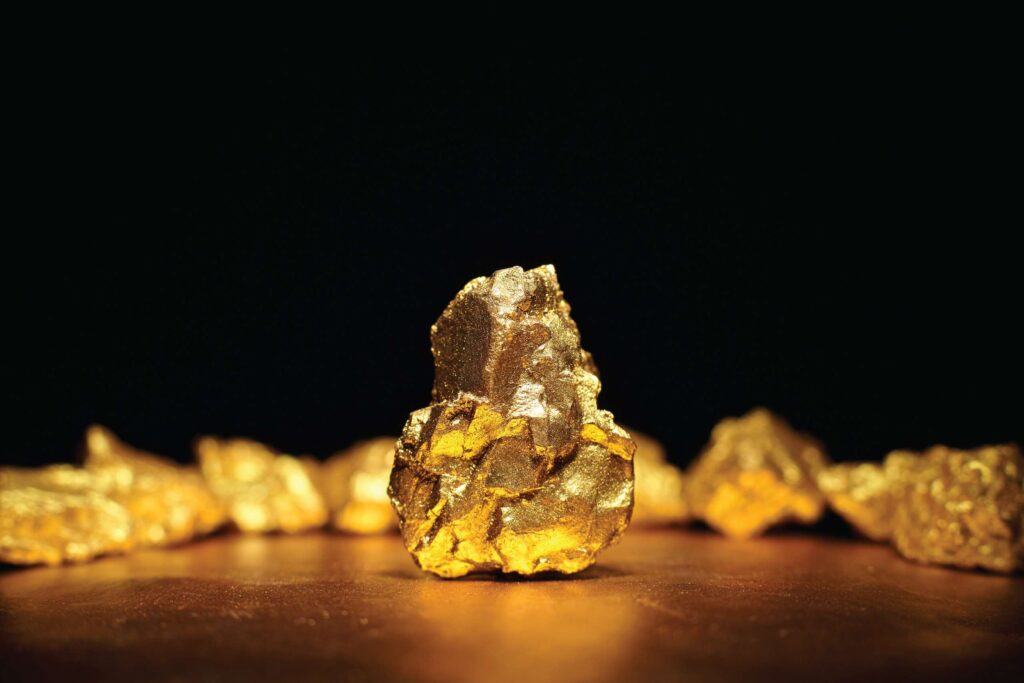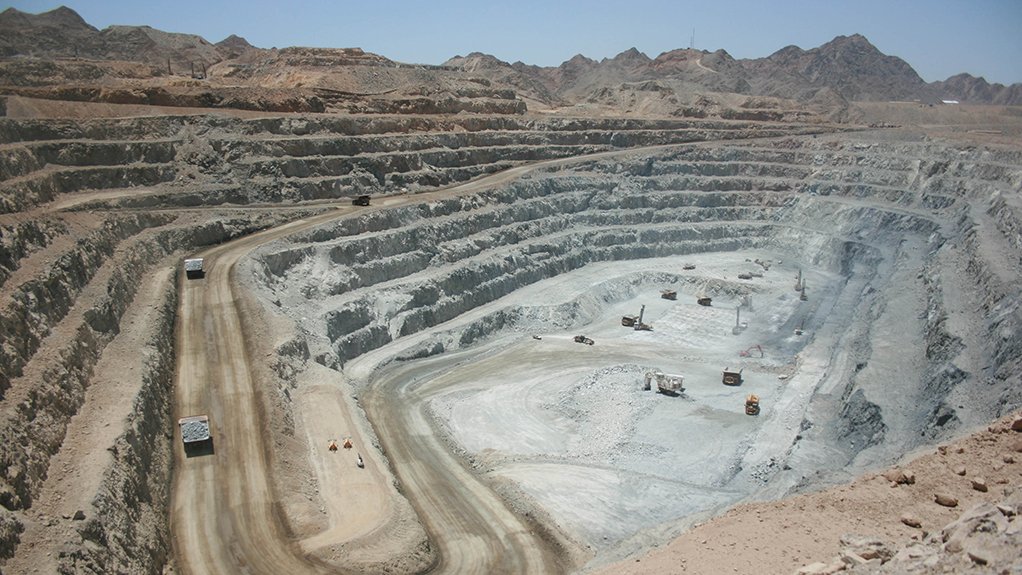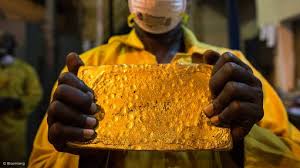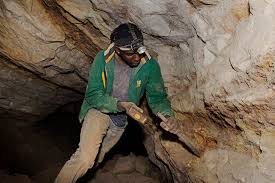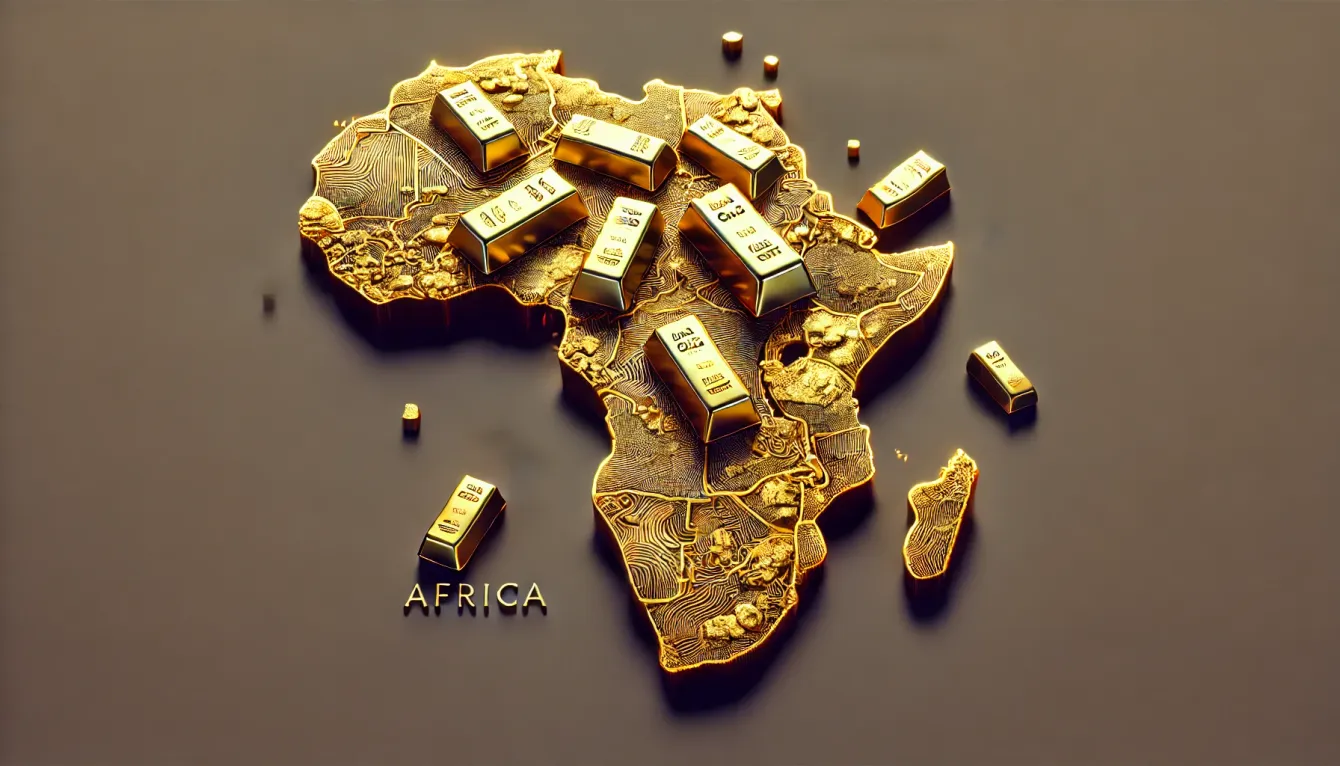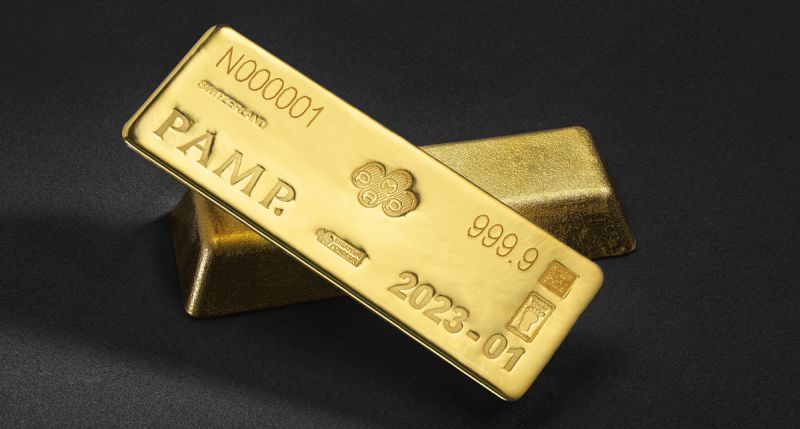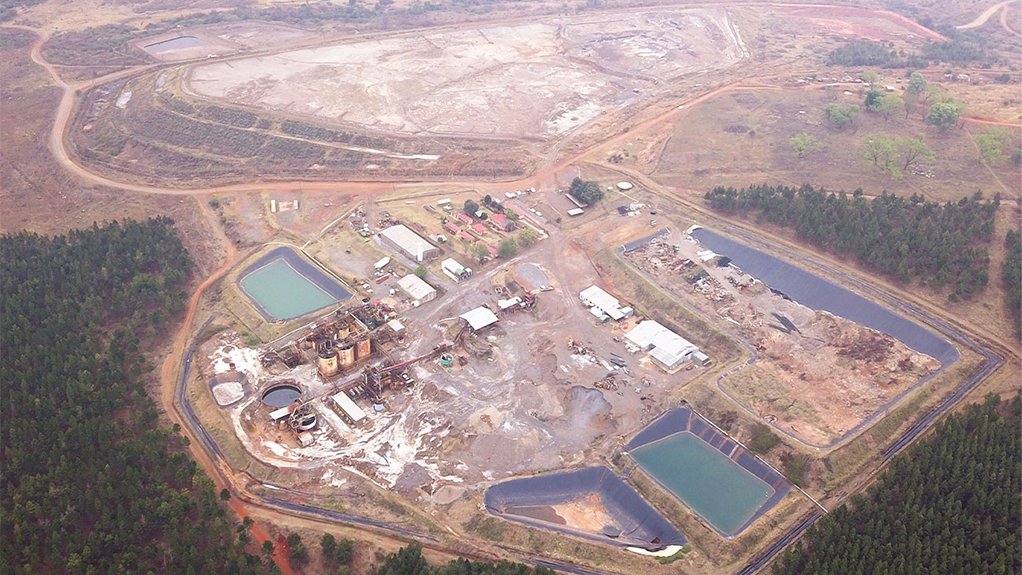Precious Metals

Africa’s 8 biggest gold discoveries that shaped the continent’s mining industry

Gold has been a cornerstone of African commerce and power for centuries, serving as a store of wealth, a medium of trade, and the economic foundation for historic empires like Ghana and Mali. This deep-rooted legacy continues today, where gold is a primary driver of exports, industrial growth, and economic resilience across the continent. Its enduring value provides a critical buffer against economic shocks and funds essential infrastructure development and employment.
Over the past century, Africa's gold industry has become central to national economies, generating vital foreign exchange earnings. Countries such as South Africa, Ghana, Mali, and Tanzania heavily rely on revenues from this precious metal. For instance, South Africa's Witwatersrand Basin alone has produced over 40% of all gold ever mined globally, earning the country $6.4 billion in sales in 2023 and underscoring the sector's massive scale and historical significance.
The industry's impact is illustrated by major gold discoveries across the continent. Historic giants like South Africa's Witwatersrand Basin and Ghana's Obuasi belt have been joined by modern operations in Tanzania (Geita) and the Democratic Republic of Congo (Kibali). Furthermore, new discoveries in Kenya, Uganda, and Morocco are expanding Africa's elite league of gold-producing nations, signaling the ongoing evolution and geographic spread of the sector.
A significant modern trend is the strategic shift by African nations to move beyond mere extraction and capture greater value within their own economies. Governments are actively implementing policies focused on domestic beneficiation, including the construction of local refineries, enforcement of local content rules, and support for African-owned mining enterprises. This marks a critical move toward self-determination in the sector.
The economic figures are substantial, highlighting gold's continued pivotal role. Ghana, as the continent's largest producer, earned $11.6 billion from gold exports in 2024. Tanzania's exports reached $4.32 billion in the year to August 2025, and the DRC earned approximately $1.5 billion in 2024, largely from the Kibali mine. These revenues are crucial for national coffers and broader economic development.
This strategic repositioning aims to ensure that the profits, expertise, and benefits from gold mining are retained within national economies and directly benefit local communities. By fostering indigenous ownership and investing in local infrastructure, the goal is to transform the gold industry from a simple source of export revenue into a sustainable driver of inclusive wealth creation and economic independence.
In summary, Africa is leveraging its golden heritage and vast resources to build a more self-determined economic future. By combining strategic policies, investment in local processing, and the promotion of domestic ownership, the continent is ensuring that its gold not only fuels exports but also becomes a lasting catalyst for development, resilience, and prosperity for generations to come.




